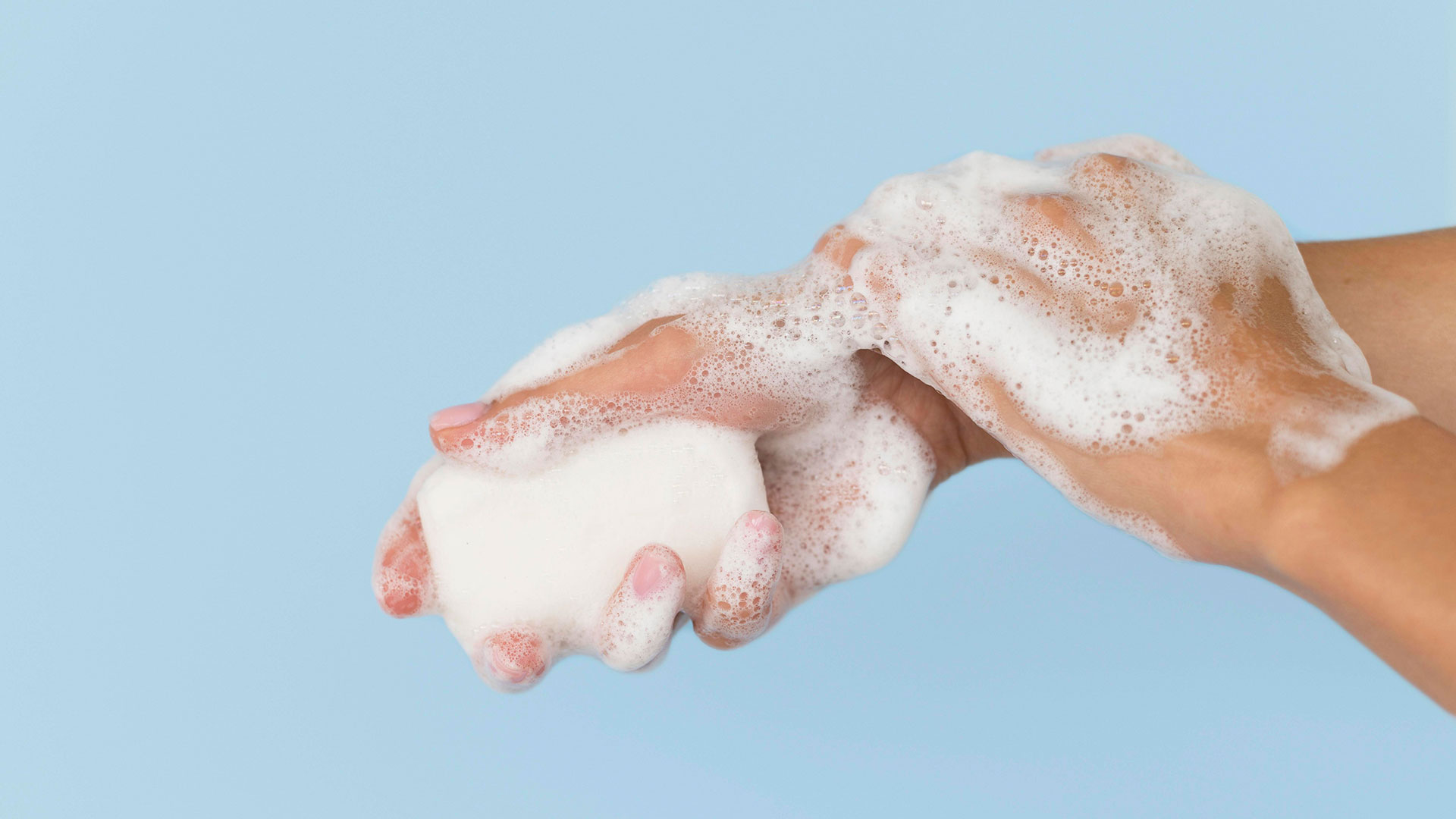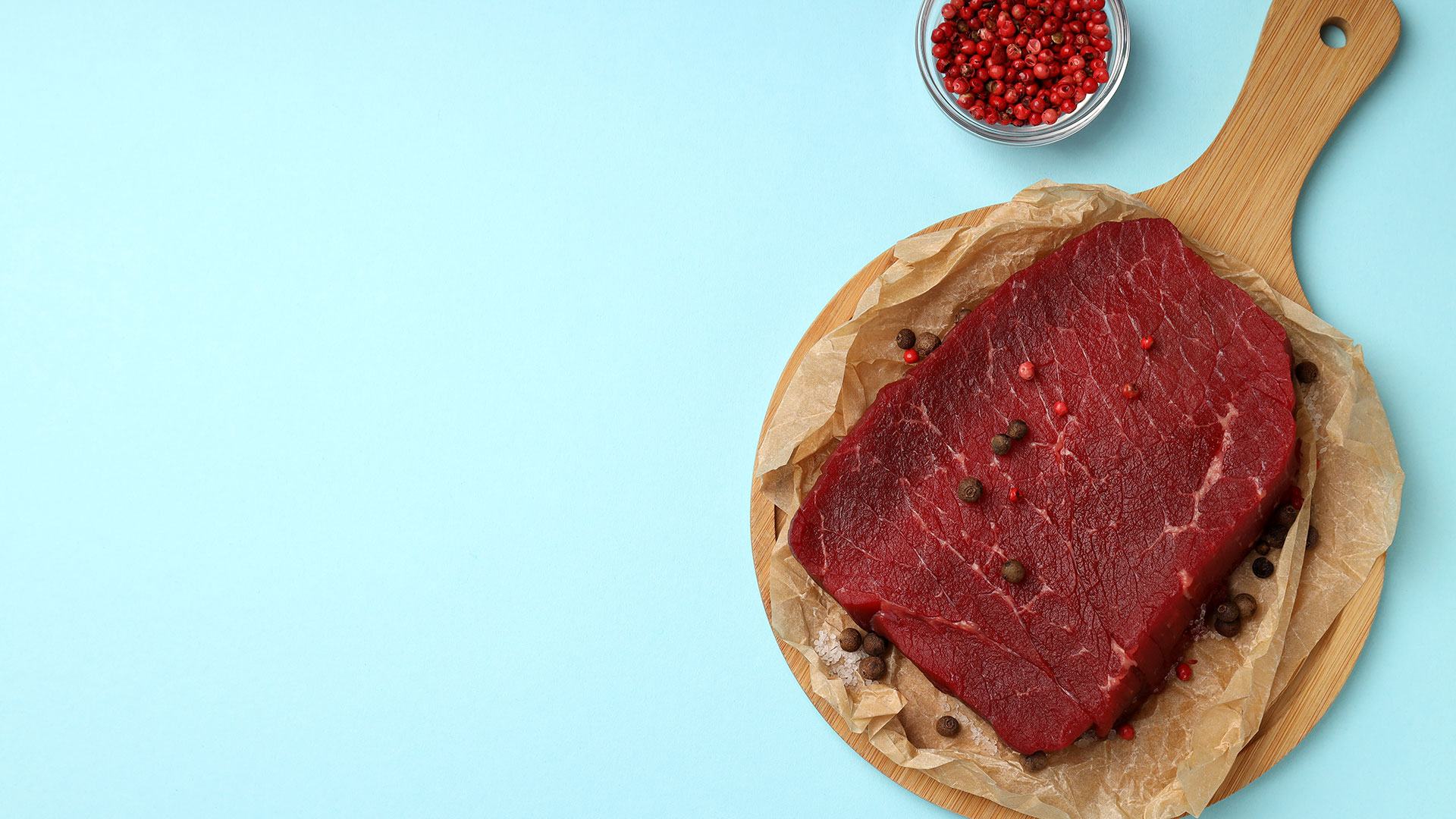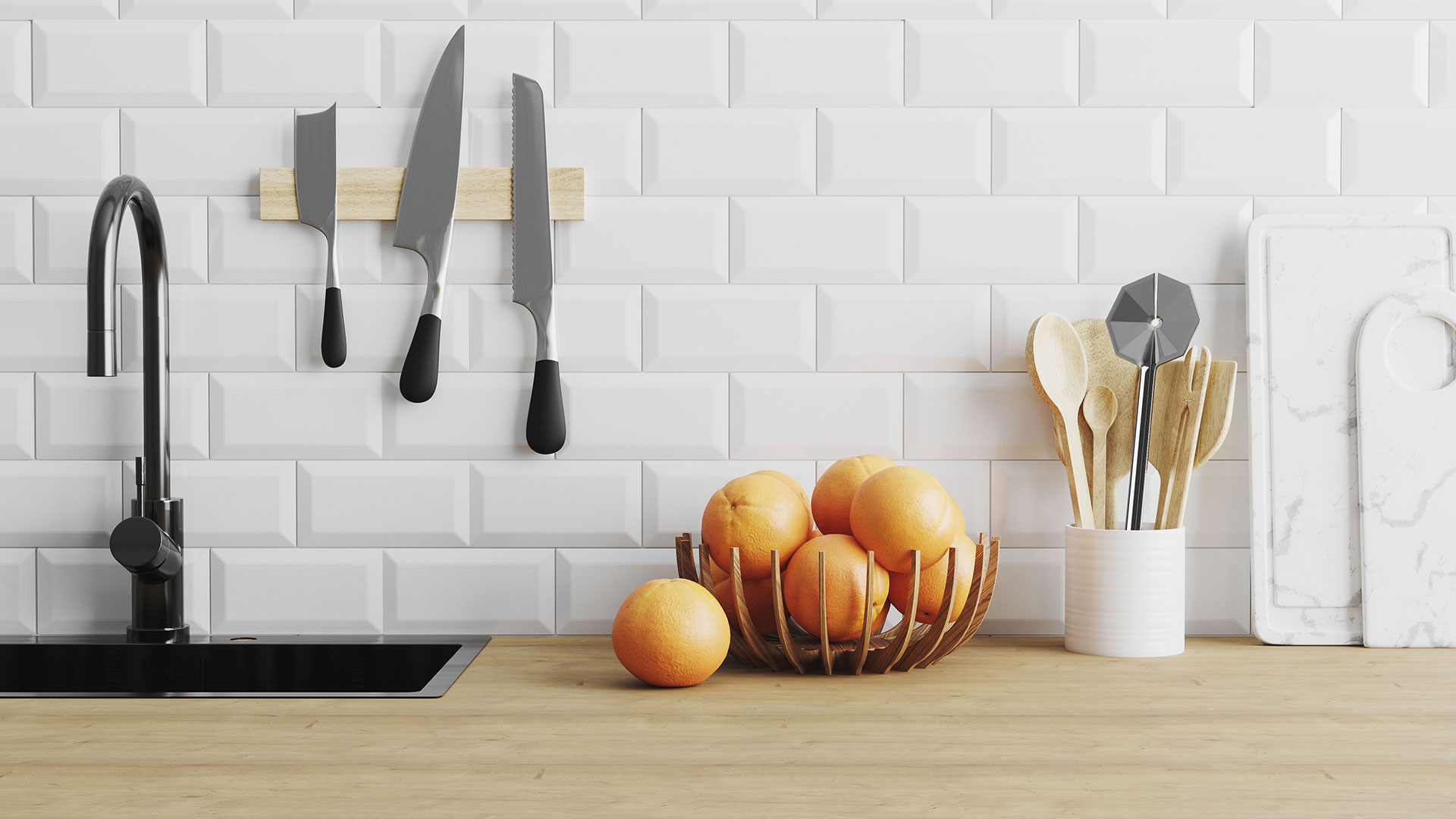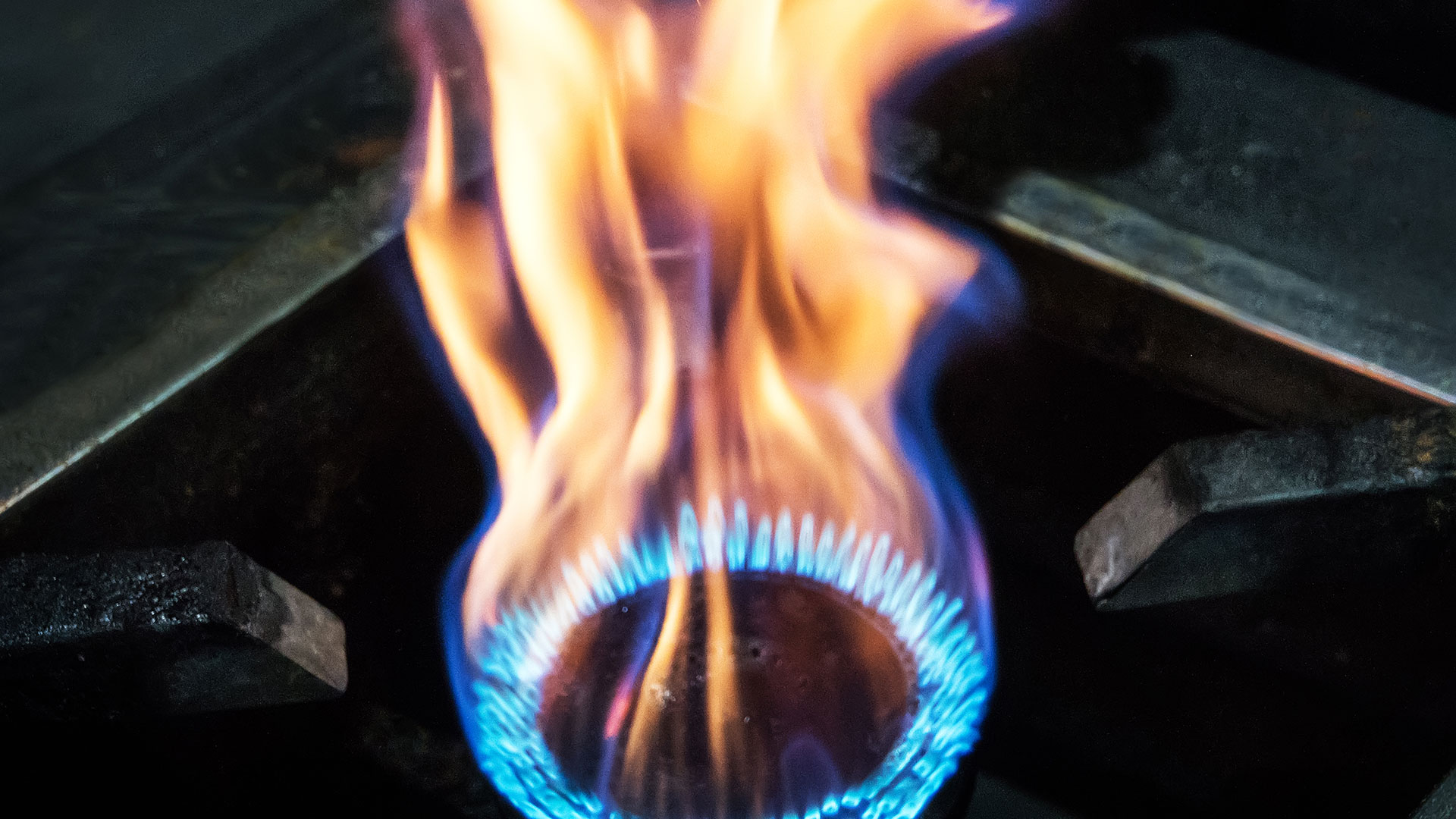Cooking in the kitchen is fun, a trip to the hospital from a kitchen mishap is not so fun!
There are lots of hazards in kitchens, it’s handy to know how we can minimise any risk these hazards may pose to ourselves and those that we are cooking for.

Hand Hygiene
Before you start cooking, wash your grubby mitts! Good hand hygiene can help prevent the spread of infectious diseases.
- Wet your hands with with clean water
- Apply enough soap to cover all the surfaces of your hands and wrists
- Lather up and rub your hands together ensuring you have scrubbed all surfaces (hands, fingertips, fingernails and wrists)
- Rinse with clean water and dry with a clean towel

Chopping Boards
If you live in a household that cooks with meat, ensuring there is no cross-contamination can be tricky when preparing it alongside other fresh foods. A great way to avoid this is to allocate different coloured chopping boards. You could use a red board for raw meats and a wooden or any other colour board for fresh foods. Another great tip for your chopping board is to place a damp cloth on the bench under the chopping board. This will help to stop the board from slipping and sliding around the bench (and hopefully help to prevent any unnecessary accidents).

Sharp knives
It might sound a bit backwards, but believe it or not, a sharp knife is a safer knife. A dull knife can slip, lose traction and make it easier for you to hurt yourself. A sharp knife is more reliable at gliding through whatever you are slicing.

Putting out Kitchen Fires
While we hope you are never in the position of needing to put out a kitchen fire, unfortunately, there are instances where it does happen. First and foremost, if the fire is already large and seems to be out of control, leave your house immediately and call 000. If the fire is only small, here are some ways to extinguish it:
- If there is a fire in the microwave, close the door or leave it shut, the lack of oxygen should suffocate the flames.
- If you have a stove-top fire try covering it with a large pan, large lid or oven tray and turn off the stove.
- If you have a fire and there is grease of any kind involved (oil, butter or animal fat from cooking) do not use water! Try the above method or pour salt on the fire if possible.

 view our boxes here
view our boxes here

